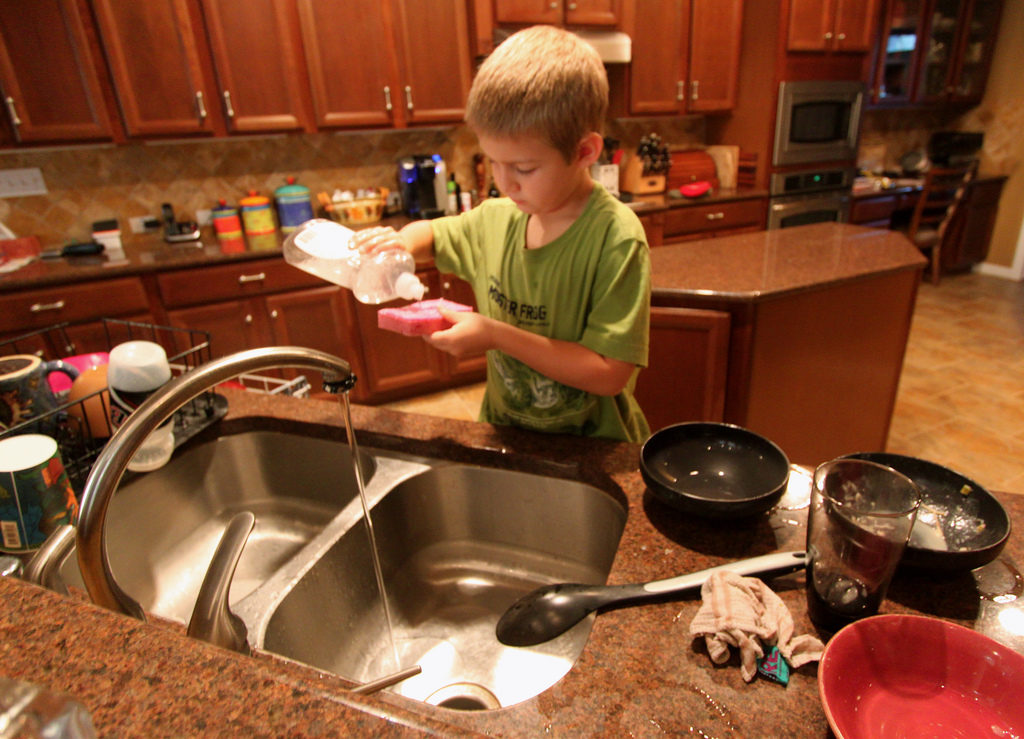
Household Chores for Children
All families expect children to contribute in some way to family life. Some children help out when their parents ask them to, while other children have household chores or jobs they’re responsible for every day or week. Either way, getting children involved in chores is good for children and good for the whole family.
Doing household chores helps children learn about what they need to do to care for themselves, a family and a home. Skills they learn they can use in their adult lives, like cleaning, preparing meals, organizing and keeping a garden.
Children feel responsible and competent when they contribute to family life. Being involved in chores gives children an experience of relationship skills like working as a team, cooperating, communicating clearly and negotiating. Even if they don’t enjoy the chore, they get the feeling of satisfaction that comes with finishing a task.
Sharing housework can also help families reduce family stress and work better. Household chores get done sooner and parents have less to do when children help out. This frees up time for the family to spend doing fun things together.

How to get children involved in chores?
The secret for involving children in household chores is asking for contributions that suit your children’s abilities and ages. A chore that’s too easy might be boring and one that’s too hard for a child can be frustrating or even dangerous.
If you choose activities that are right for his age, even a young child can start to help out. You can start with simple jobs like looking after his toys. Chores like this send the message to your child that his contribution is important.
You can have a family discussion about chores if your child is old enough. This can reinforce the idea that the whole family contributes to how the household runs. Children over six years old can help decide which chores they’d prefer.
Lots of encouragement keeps children interested in helping. Keep telling your child he’s doing well, he’ll feel rewarded. Involving your child in household chores are likely to give your child a sense of participation and responsibility.
Pocket money for children’s chores
Linking your child’s household chores to pocket money might interfere with the idea of doing chores just because everyone in the family has a responsibility to help. But if your child feels motivated by doing chores for pocket money, go with it. You might even consider giving bonuses for extra chores if your child is saving for something special.
Chores for kids of different ages
In many different ways, children can help out around the house like they can simply go outside to play when the grown-ups need to do big jobs in the house. Families expect older children to help with younger children distracting, protecting and amusing them and so on.
You can keep your child motivated by letting him change jobs from time to time; this is also a way of rotating chores fairly among family members.
